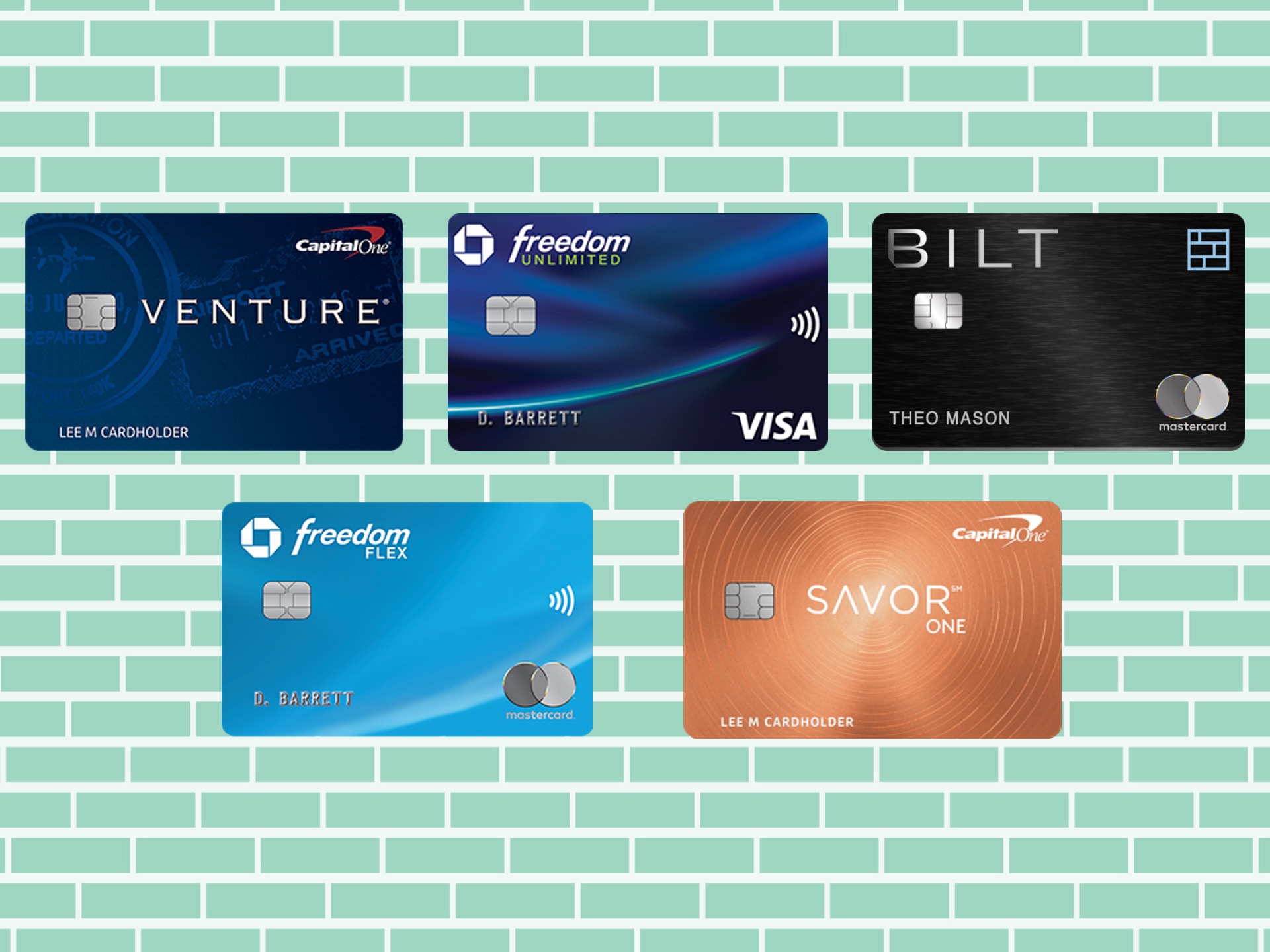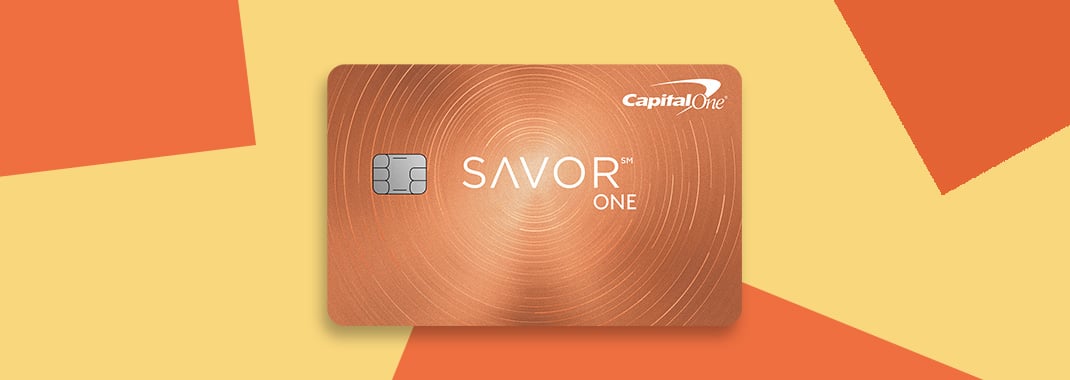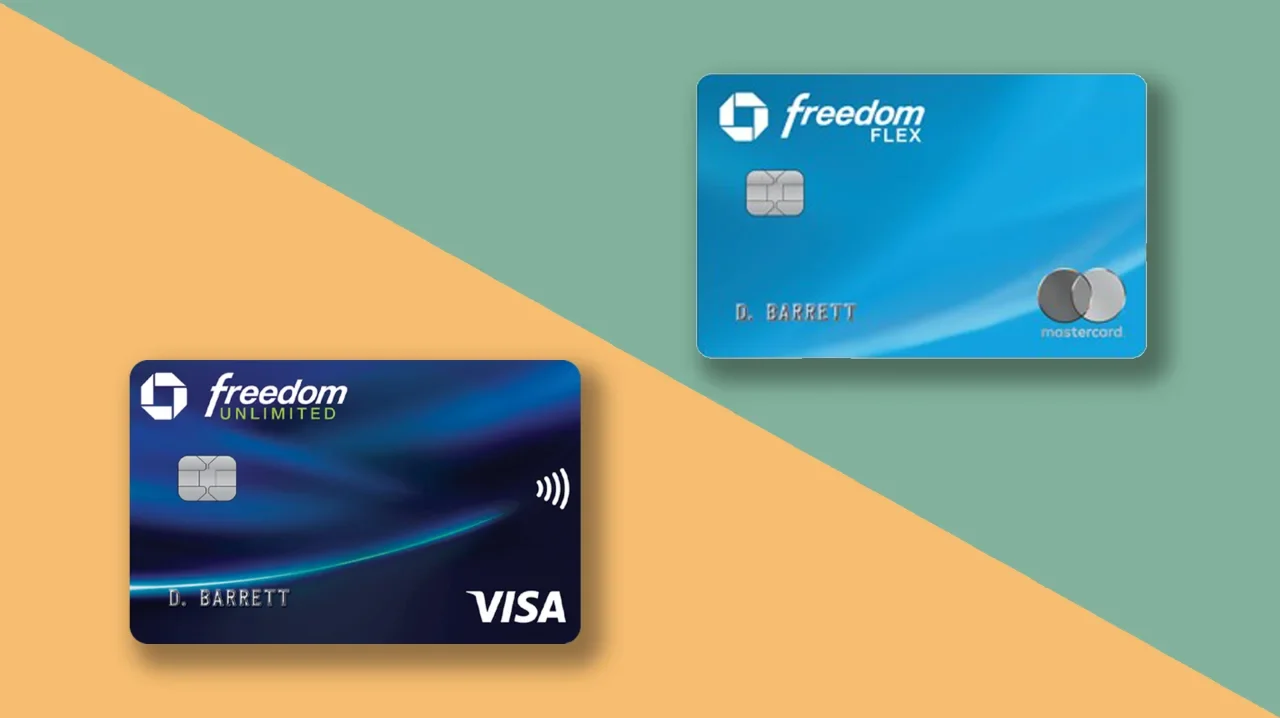- Published on
Top Credit Cards for College Students [2023 Edition]

Table of Contents
- Introduction
- Your First Credit Card
- Winner: Capital One SavorOne Rewards for Students
- Runner Up: DiscoverIT Cashback
- Intermediate Cards (After One Year of Credit History)
- Winner: Capital One SavorOne Rewards
- Runner Up: Chase Freedoms
- Travel Cards
- Winner: Chase Sapphire Reserve
- Runner Up: Capital One VentureX
- Rent Cards
- Conclusion
Introduction
When my generation was raised, credit cards were advertised as something very negative. I was taught that credit cards were associated with debt and generally irresponsible spending. While that may be true if you are using the card incorrectly, if you just follow the golden principle of not spending any money that you do not have, there are no downsides to using a credit card.
There are so many reasons to use a credit card, some of them include:
- being covered for fraudulent charges
- earning rewards on daily spending
- having access to special perks that would otherwise cost a fortune.
In this blog, I will share the credit cards that have been super useful and worth it for me in college and why that is the case.
Your First Credit Card
The first credit card is by far the hardest to get because most people do not have any form of credit history when applying for a credit card. Because of this, lenders are generally more particular and wary when extending lines of credit (accepting your application for a card). Specific cards are designed for this and have great rewards for students.
Winner: Capital One SavorOne Rewards for Students
 The Capital One SavorOne is by far the best rewards card for students right now. With no annual fee (meaning you do not have to pay a single thing to own this card), you earn 3% back on dining, entertainment, streaming services, and grocery stores. All other purchases will earn 1% back.
The Capital One SavorOne is by far the best rewards card for students right now. With no annual fee (meaning you do not have to pay a single thing to own this card), you earn 3% back on dining, entertainment, streaming services, and grocery stores. All other purchases will earn 1% back.
Let's say you and an on-campus organization decide to go Sake Bombing or Bottomless Mimosas at some restaurant, and the bill comes out to be $1000. If you pay the bill with your SavorOne and collect Venmo from everyone, you will earn $30 back from that purchase. If you avoid the cashback route and go for the points, you would earn 3000 points back, which equates to around a ~$50 value in redemption.
The fact that groceries, dining, and entertainment are covered makes this a great catch-all card that might cover every single use case you would want. You also get 10% back on all Uber Purchases and free UberOne (free Uber Eats + discounted rides), which is super clutch for calling rideshare from the airport or nightlife in the city.
Runner Up: DiscoverIT Cashback
If you get denied for the CapitalOne SavorOne Student, go for the DiscoverIT Student Cash Back card. It has 10% back on revolving categories for the first year, and it accepts virtually everyone. This was my first card since the SavorOne student didn't exist when I got into CreditCards, and I loved it.
Intermediate Cards (After One Year of Credit History)
Winner: Capital One SavorOne Rewards
It's just that good. It covers every category of spending that you would use, so it is the ideal card that promotes simplicity and ease of use. If you bank with another provider or do not want to open with CapitalOne, you might consider another lender like Chase or American Express.
Runner Up: Chase Freedoms
 The other options that I recommend are getting both the Chase Freedom Unlimited and the Chase Freedom Flex. The Freedom Unlimited offers 1.5x on all purchases with 3x back on dining and drugstores. The Freedom Flex offers 5x back on rotating categories that change every quarter. This is really nice when the categories are really useful, like gas and grocery.
The other options that I recommend are getting both the Chase Freedom Unlimited and the Chase Freedom Flex. The Freedom Unlimited offers 1.5x on all purchases with 3x back on dining and drugstores. The Freedom Flex offers 5x back on rotating categories that change every quarter. This is really nice when the categories are really useful, like gas and grocery.
The SavorOne is slightly better than these card pairings due to the guaranteed grocery and entertainment spend, but these cards paired with the Chase Sapphire Reserve, a travel card, elevate the game with Chase's unique transfer partners. I will go into that at the end so that you can make the right decision between Chase, Capital One, and American Express.
Travel Cards
Travel cards are different in the way they work because they do charge an annual fee that you have to pay. However, they come with many benefits if you are traveling a lot.
Winner: Chase Sapphire Reserve

The reason why the Chase Sapphire Reserve beats the competition is that it is easy to use, has great company partners, has a great lounge selection, and has incredible transfer partners. The card is $550 annually, and here is what you get from it.
- 10x on Lyft, 3x on travel, 3x on dining, 1x on everything else
- $300 travel credit on any travel spend (flights, parking, rideshare, etc.)
- Priority Pass Lounges and Priority Pass Restaurants at airports
- DoorDash DashPass + $5/month credit, Instacart Premium + $15/month credit, LyftOne Premium, Peacock
- Travel Protection, Extended Warranty Protection, Purchase Protection
- Transfer Partners, notably Hyatt
With the above benefits, and considering I took 31 flights last year because of study abroad and general traveling, I used around $1800 worth of rewards while only paying the $550 annual fee. The biggest perk of this over VentureX is the Hyatt transfer partner and the priority pass restaurants.
Runner Up: Capital One VentureX
The VentureX is also a great card; if you already have the SavorOne, this card is a no-brainer. It has very similar perks to the Chase Sapphire Reserve and is slightly easier to recoup your money quicker.
Rent Cards
What's interesting is if you track all of your spending and look through what consumes the most money out of a given year, it is probably rent if you are a renter. I pay rent for all of my roommates and have them Venmo me for it, so around $4000 a month goes out of my account for rent.
The BILT card allows you to earn 1x on rent with no fees, and that is the only thing you need it to do. Consider my situation: if I pay around $4000 monthly for rent, I would earn 48,000 points annually because of the BILT credit card.
I recently booked a room at one of the BILT's transfer partners Hyatt for 45,000 points. That all-inclusive room at the Alila Ventana goes for around $1800 / night. I just got a $1800 value for doing nothing I wouldn't do otherwise. You can send rent via check or Venmo, and in my case, I use Venmo, so the card works great.
Conclusion
At the end of the day, all of this is to gain little rewards based off of your current spending. My philosophy with credit card rewards is that you shouldn't be spending money that you would not have been spending otherwise, which is pretty much why I have excluded most of the Amex ecosystem from this post.
Whatever card you choose, pay close attention to the ecosystem you are joining and consider that before applying to anything. It is better to have cards in the same ecosystem to transfer points between cards and avoid overlapping categories too much.
- Authors

- Name
- Apurva Shah
- Website
- apurvashah.org
